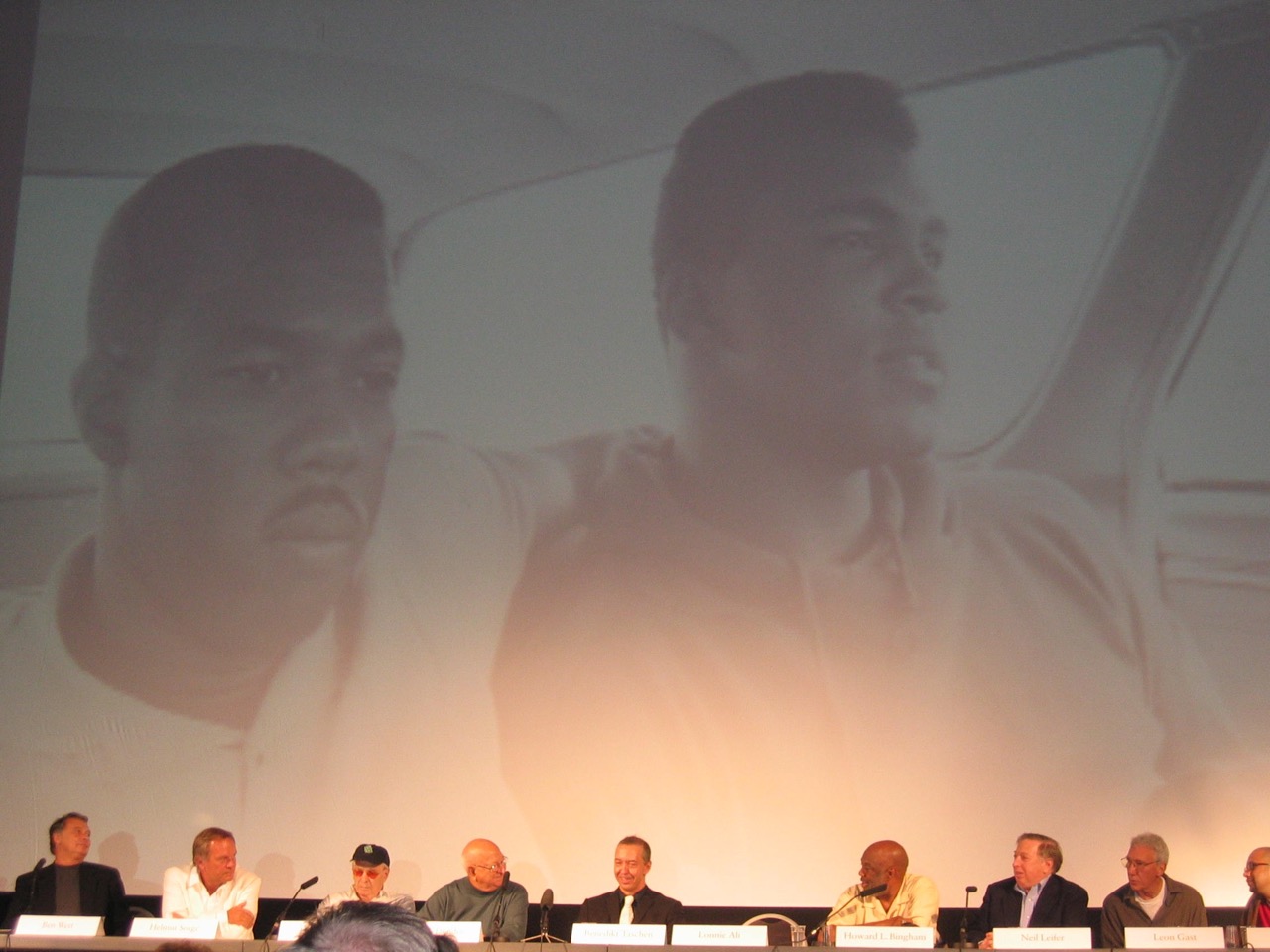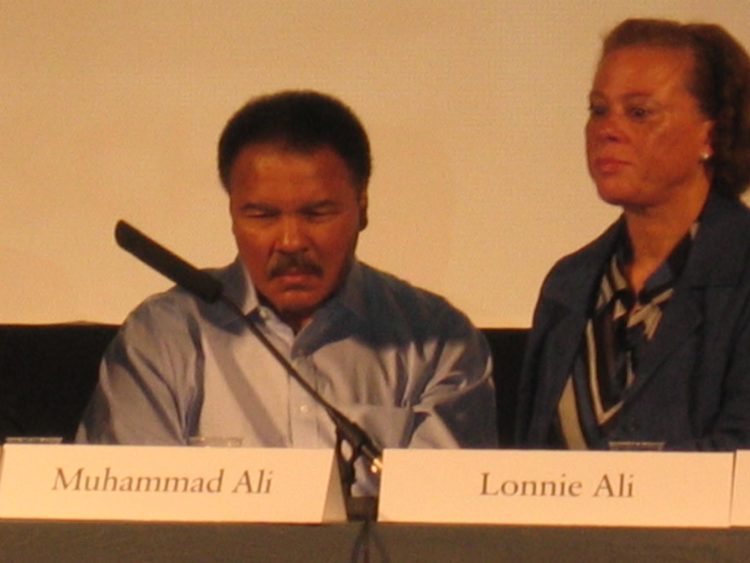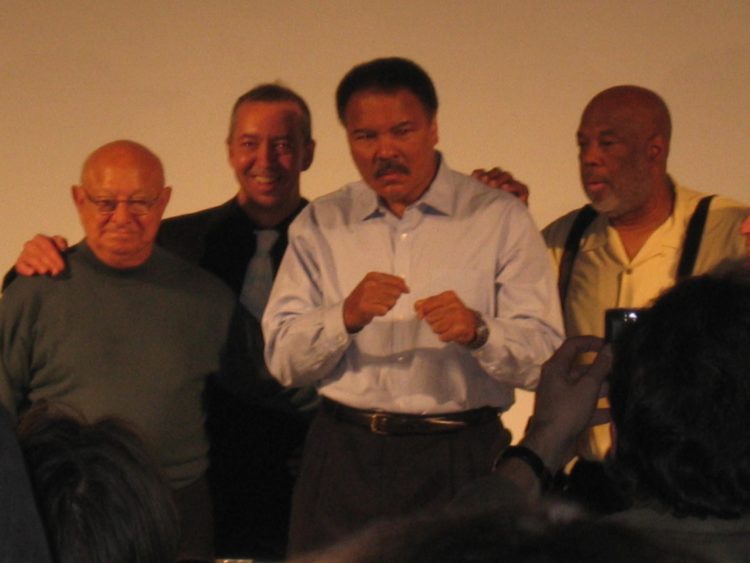‘I’d like to be remembered as a black man who won the heavyweight title and who was humorous and who treated everyone right. As a man who never looked down on those who looked up to him and who helped as many of his people as he could — financially and also in their fight for freedom, justice and equality.’
— Muhammad Ali
To me, Muhammad Ali dying at 74 is the biggest news of the week.
The story of Louisville, Kentucky boy Cassius Clay, the son of a house cleaner and sign painter becoming a three-time heavyweight boxing champion and a global icon is very well known.
For those who want to learn more about the charismatic superstar who famously proclaimed ‘I am the greatest’ and helped to awaken a different kind of black consciousness, I recommend the book King of the World, by New Yorker magazine editor David Remnick, because the author focuses on Ali’s early career, the ways in which he was able to beat the odds, and the reasons behind his decision to refuse the military draft to Vietnam.
This story, however, is more of a personal one.
The Rumble in the Jungle, the historic boxing match that took place in Kinshasa in 1974, and the events leading to challenger Muhammad Ali defeating, by knockout, the undefeated world heavyweight champion George Foreman, are a defining moment in sports history. Those who want to read about his later years, and his many struggles, might want to start with his 2015 memoir The Greatest: My Own Story, which was edited by Toni Morrison.
This story, however, is more of a personal one. On October 8, 2003, my Togolese friend Romain Atohoun and I drove from Paris all the way to Frankfurt to meet my German friend Eva Hückmann at her house. We were all going to attend Taschen’s press launch for the book GOAT – Greatest Of All Time at the Frankfurt Book Fair.
When the hordes of journalists arrived in the large conference room in Building 4 of the exhibition hall, publisher Benedikt Taschen was on stage, sitting in the middle seat, at a long table. There were four people to his right, and four people to his left. Even though we were in the back of the room, I spotted Ali’s former trainer Angelo Dundee and Ali’s close friend and longtime photographer Howard Bingham. Next to Taschen in the middle was an empty seat, and I could see from afar that the sign read Lonnie Ali, the name of Ali’s fourth wife.
Benedikt Taschen held the mic for quite a while, making jokes and using his natural German accent. He explained that the book, which weighed 34 kilogrammes and contained nearly 800 pages of archival and original photographs (many taken by Bingham), was a massive tribute to a massive legend. He said that Ali and his entourage had been very involved in the editing of the book, and that the great man would be very proud of the book that was about to be launched.
Seeing Ali in person is quite an experience, because even with Parkinson’s syndrome, he floated like a butterfly.
Others spoke briefly, with much excitement. Then, halfway through the press conference, a second chair was added, right in between Mr Taschen and Mrs Ali, and everyone understood that a surprise guest was coming. Seeing Ali in person is quite an experience, because even with Parkinson’s syndrome, he floated like a butterfly. Walking slowly as if gliding into his chair, he listened patiently to all the hype and praise, often leaning towards his wife as everyone listed his many accomplishments.
When the press conference was over, he posed for all the photos, and walked towards the boxing ring that had been built in an open area down the hall from the conference room and exhibition area dedicated to his life story. At 61, he was in declining health, and he did not address the journalists or crowds, but he did raise his fists and struck a fighting pose. Then, in the middle of the ring, he threw a couple of punches for the cameras. And even though he may not have been able to sting like a bee quite like he used to, I was moved to tears when Mrs Ali said, ‘It’s wonderful to experience the love that people have for this man, all around the world.’



